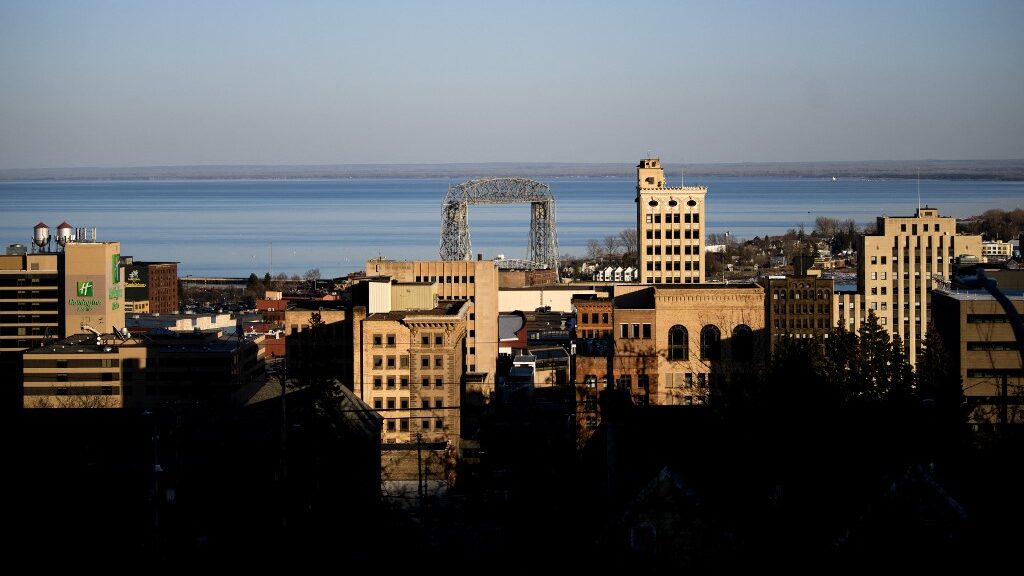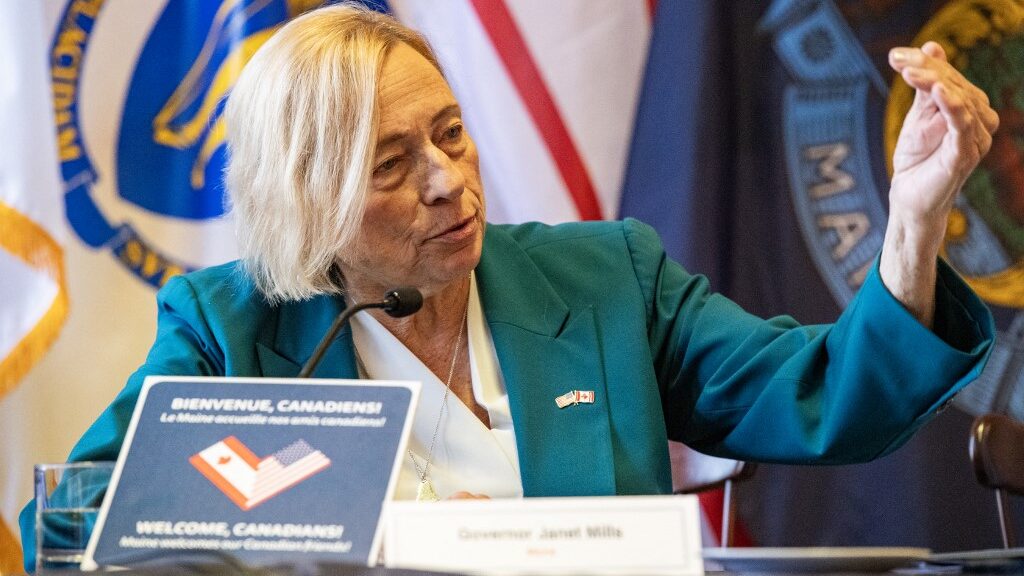
The lawmakers increased the likelihood of legalizing Minnesota sports betting, but only slightly. The House sponsor of a sports betting bill announced a resolution to an issue concerning electronic pull tabs that threatened to derail the entire gambling legalization initiative.
The agreement Rep. Zack Stephenson facilitated addresses the concerns of the Allied Charities of Minnesota (ACM), an organization that operates charitable pull-tab activities in various bars and restaurants across the state.
Behind the Deal
Under a 2023 law, electronic pull tabs are set to be phased out next year. Stephenson’s deal ensures that changes to electronic pull tabs won’t impact ACM’s income, a concern since the “open-all” feature was banned in 2023.
This change, which required pull-tabs to be opened individually, was the result of years of legal challenges and lobbying by the state’s tribes. They argued that electronic pull tabs, legal since 2012, had become so similar to slot machines that they violated the tribes’ exclusive rights to operate casino games.
Previously, charitable gaming organizations, which receive substantial funding from pull tabs, were against this change.
“We’re still trying to figure out how to arrange the pieces of the puzzle in such a way that everyone can live with it,” Rep. Stephenson told FOX 9 NEWS. “We’re making good progress. This is a big step in the right direction. We’re nowhere near done.”
While not a central issue in the push to legalize sports betting, the pull-tab issue could have cost votes. Under Stephenson’s deal, charities won’t request a change to the 2023 law, and in return, the sports betting tax will increase from 10% to 20%, providing $40 million in tax cuts for charitable gambling.
Opponents of Minnesota Sports Betting Bill
Despite the progress, the odds of Minnesota joining the more than 30 states in offering sports betting, still appear to be long. The bill continues to face opposition from legislators on both sides of the aisle. They’re against any expansion of gambling and the state’s racetracks also maintain their stance against it.
In fact, the primary obstacle to the legalization of sports betting hinges on whether the two racetracks in Minnesota—Canterbury Park and Running Aces—will be permitted to host retail sportsbooks or collaborate for online sports betting. While tribes are advocating for sole authority over sports betting, Canterbury Park and Running Aces are seeking to reap the benefits of legalization.
Although they’ve been offering sports betting for 39 years, horse tracks would be omitted from the proposed bill. Advocates argue that racetracks should receive fair compensation to offset the business losses that would result from exclusive tribal sports betting. To address this, the Senate bill proposes allocating 5% of the state’s sports betting tax revenue to the tracks.
What’s Next for The Minnesota Sports Betting Bill?
The updated version of the bill will get its first hearing this week, so there is still a long way to go. But they’re used to this in Minnesota.
Since 2019, legislative attempts to pass bills in the House and Senate have been unsuccessful. Currently, the state only allows wagering on horse racing, simulcast racing, and Daily Fantasy Sports (DFS) contests.
Now we’ll wait to see if the changes to the newest bill can give it enough traction to get through to the next round of hearings.













